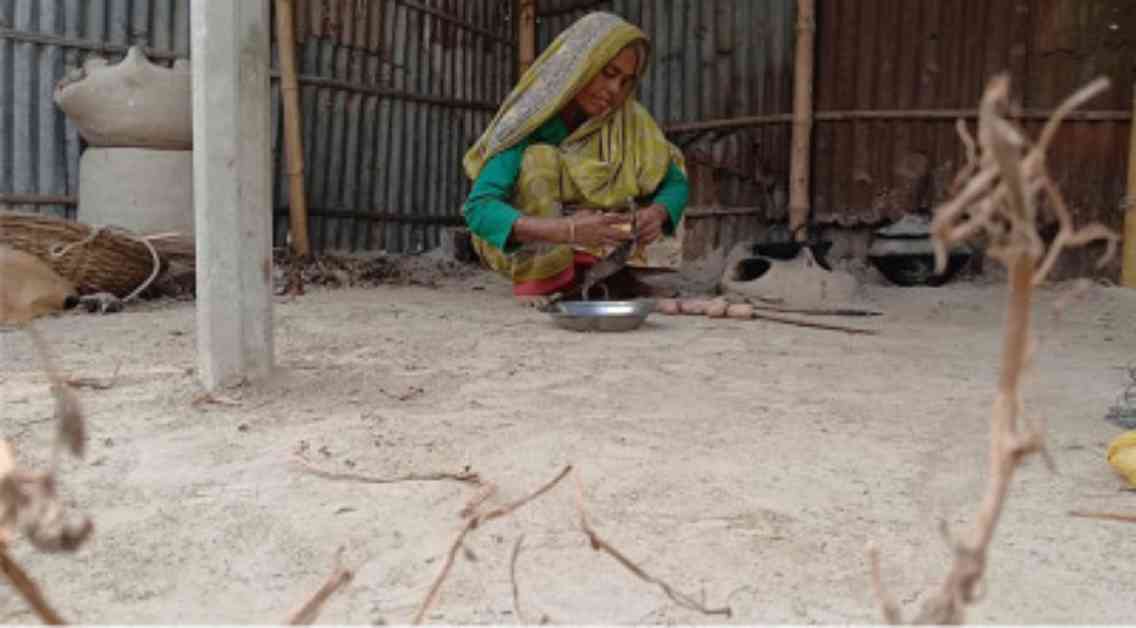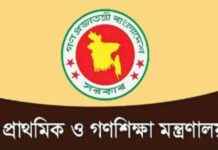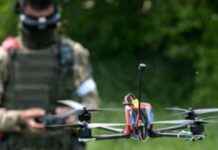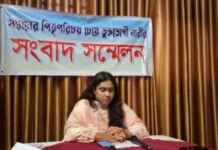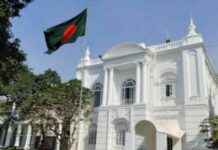In the heart of Kurigram district lies the serene island of Shabila Begum, a woman living in solitude after her husband’s departure. With only her daughter for company, she navigates the challenges of daily life, including the struggle to afford essentials like salt. Yet, when it comes to breaking her fast during Ramadan, Shabila’s resourcefulness shines as she concocts simple yet satisfying meals with rice and lentils, occasionally treating herself to fried rice or a handful of almonds.
Shabila’s story is not unique in the riverside communities of Kurigram, where many rely on basic ingredients like rice and lentils to sustain themselves through the holy month. The region, with its intricate network of rivers and over 16% of its landmass comprising river islands, is home to nearly 800,000 people facing various challenges from education to healthcare accessibility. For these residents, every meal becomes a testament to resilience in the face of adversity.
Sahina Begum, another resident of the same area, shares a similar sentiment as she describes her daily routine of grinding almonds and rice to create a nutritious iftar meal. In a land where many live hand-to-mouth, the act of simply surviving becomes an act of courage and determination.
Antaz Ali sheds light on the communal spirit that prevails during Ramadan, where families come together to break their fast with a humble meal of water, lentils, and rice. For those burdened with the responsibility of providing for their children, the sight of their little ones eagerly anticipating the evening meal is a source of both joy and motivation. In a region where governmental support often falls short, the local administration’s efforts to prioritize aid distribution to marginalized communities are a beacon of hope.
As the sun sets over the horizon, casting a golden hue over the riverbanks of Kurigram, the residents of these remote islands find solace in the simplicity of their iftar meals. The clinking of utensils, the laughter of children, and the aroma of spices wafting through the air create a sense of unity amidst adversity. In these moments, as they gather around a modest meal of dal and rice, they find nourishment not just for their bodies but also for their spirits.
In conclusion, while the challenges of poverty and isolation continue to loom large in the lives of Kurigram’s residents, the spirit of resilience and community shines through in their shared meals during Ramadan. As they break their fast with simple yet heartfelt dishes, they embody the true essence of the holy month – a time for reflection, gratitude, and coming together in solidarity. The humble iftar meals served on their tables are not just a means of sustenance but a symbol of their unwavering strength and perseverance in the face of adversity.
